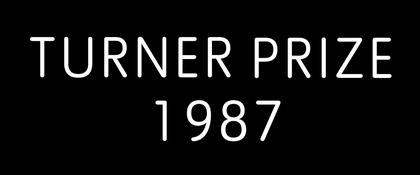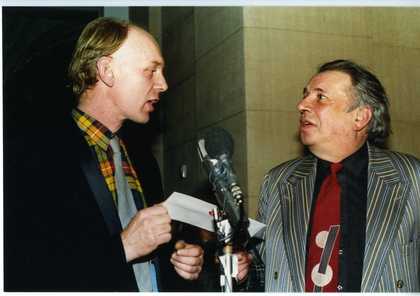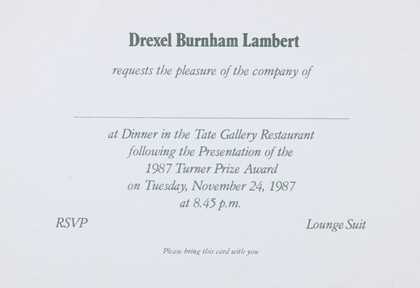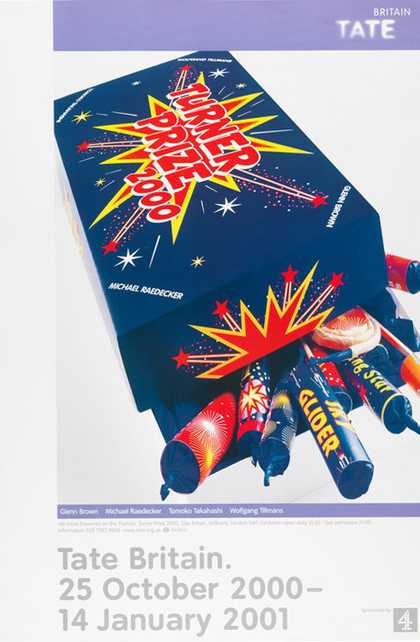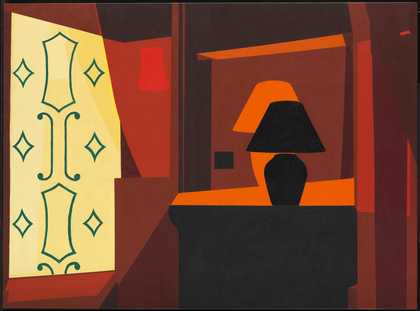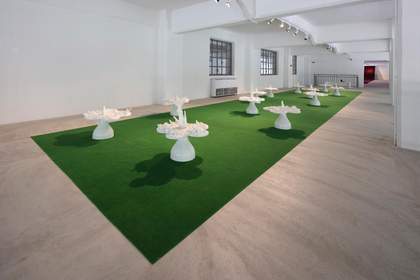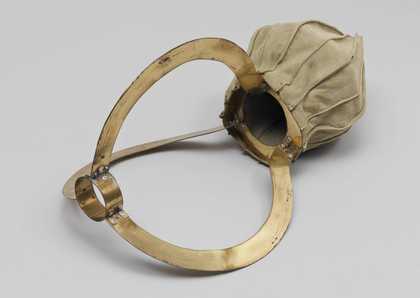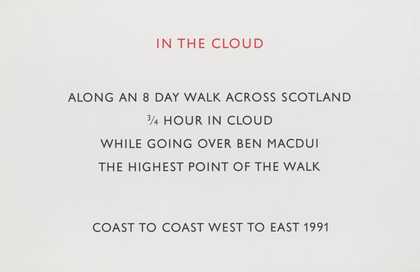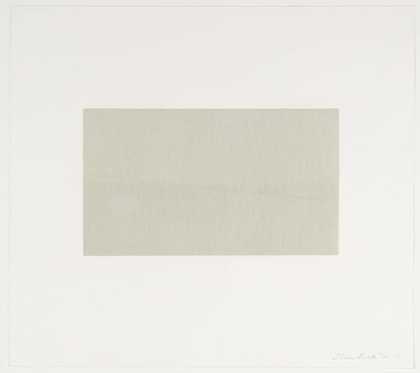Shortlist
- Patrick Caulfield – commended
- Helen Chadwick – commended
- Richard Deacon – winner
- Richard Long – commended
- Declan McGonagle – commended
- Thérèse Oulton – commended
Turner Prize viewed as an unfairly matched horse race
With continuing confusion over whether the Prize was a lifetime achievement award, its terms were changed so that it was for ‘an outstanding’ contribution to British art, rather than to the ‘greatest’ artist. However, the individuals on the 1987 shortlist still seemed unevenly matched. Many questioned the validity of pitting senior artist Patrick Caulfield against young curator Declan McGonagle. The nomination of two female artists for the first time was seen as a politically correct response to accusations of discrimination. Even the final decision was unexpected, with the prize going to sculptor Richard Deacon rather than the more established favourite, Richard Long.
Jury
- Kasper Koenig, critic and organiser of Westkunst in Cologne and outdoor sculpture exhibition in Munster
- Catherine Lampert, Snr. Exhibitions Organiser, Hayward Gallery
- Oliver Prenn, representative of the Patrons of New Art
- Richard Shone, writer and art critic
- Alan Bowness, Director, Tate Gallery
Turner Prize 1987 in quotes
Perhaps there could be some other way of promoting the arts and running this prize. If it could be done without subjecting six individuals to varying degrees of mental agony, it would be an improvement.
Patrick Caulfield in a letter to the Director of the Tate Gallery, November 1987
This is going to sound sour grapes, but I don’t think a prize is the right way to reward the arts. It makes sense in something competitive like sport but art is the antithesis of competition … It pits you against colleagues rather than viewing you all together.
Helen Chadwick quoted in the Independent, November 1992
Each year, and this is no exception, we have been presented with a choice that is no choice, a race in which any winner would be unthinkable – or at best bizarre – but for two or three, with the rest nowhere.
William Packer, the Financial Times, November 1987

